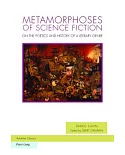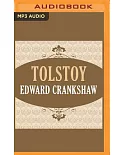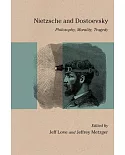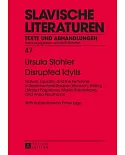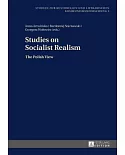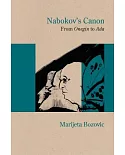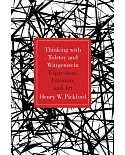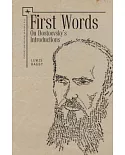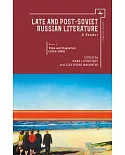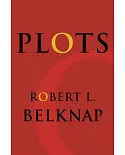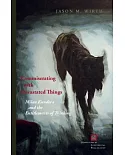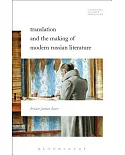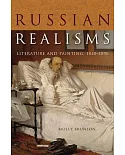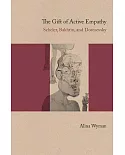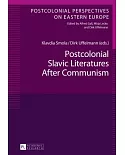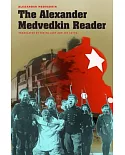This book is a case study in transnational modernist literature generated by exile, dislocation and cross-cultural exchanges, focusing on the younger writers of the interwar Russian Parisian
diaspora, known as Russian Montparnasse. Maria Rubins argues that their hybrid, bicultural and bilingual narratives transcended the Russian national master narrative, anticipating more recent
diasporic tendencies. The book sets the Russian Montparnasse corpus into trans-cultural and intertextual dialogues with key Western and Russian texts to demonstrate that their artistic
response to the main challenges of urban modernity and cultural rupture resonated with broader aesthetic trends in interwar Europe. By systematically reassessing the role of Russian
Montparnasse in the articulation of modernism, this study expands our knowledge of the evolution of the transnational literary canon, contributes to the academic debate about national vs.
transnational analytical approaches to bicultural artistic production, and challenges the conventional status of language as the chief marker of literary affiliation.


